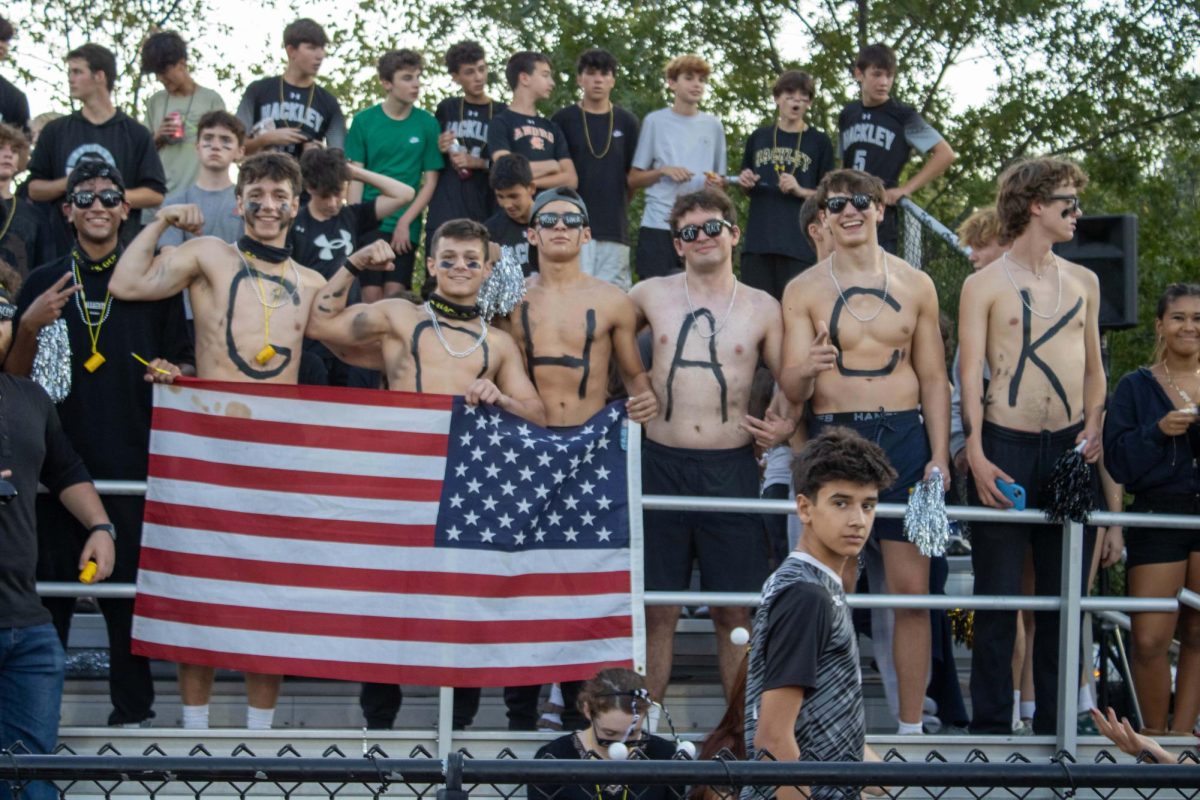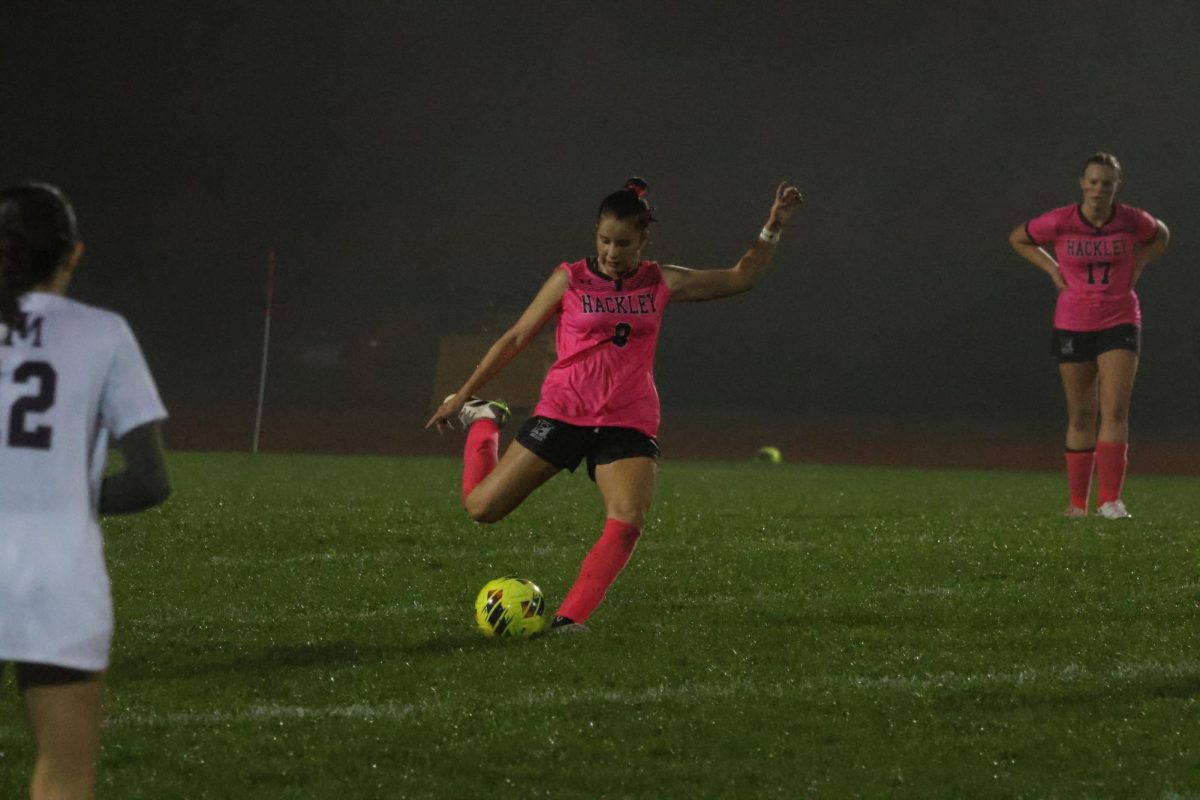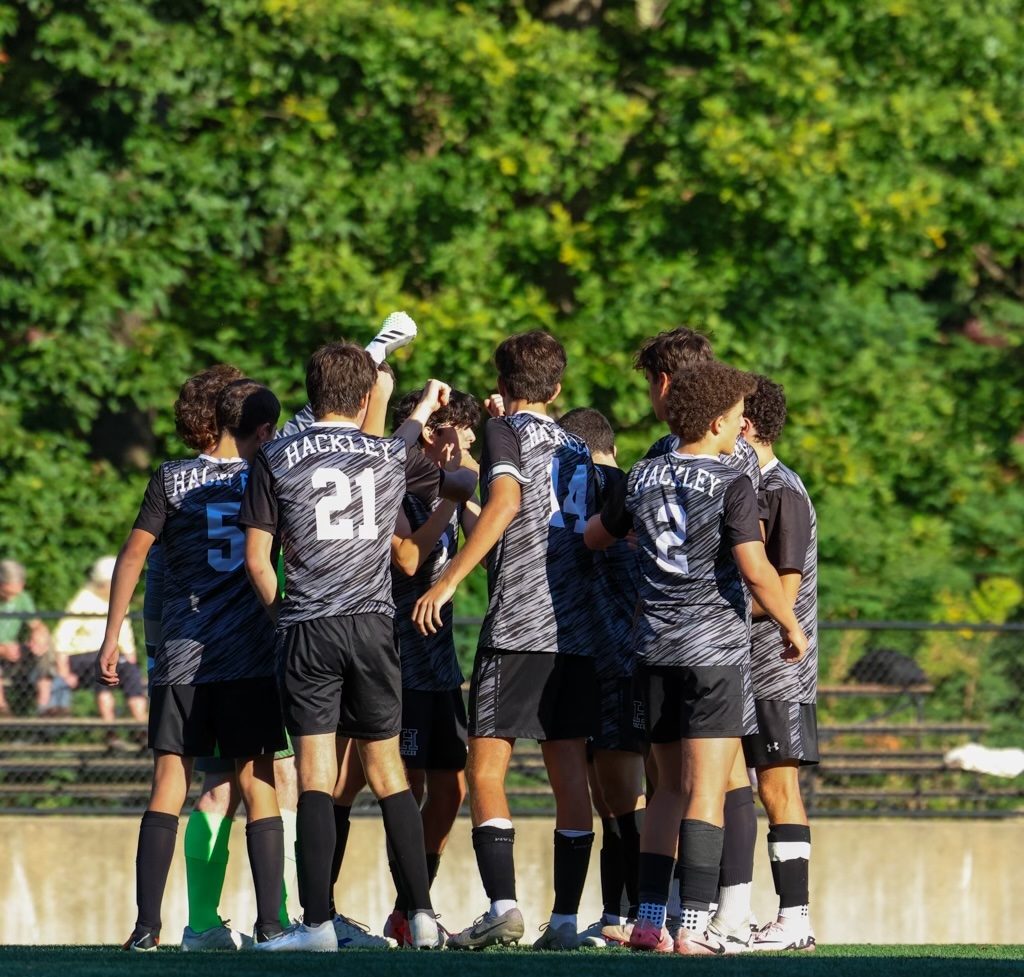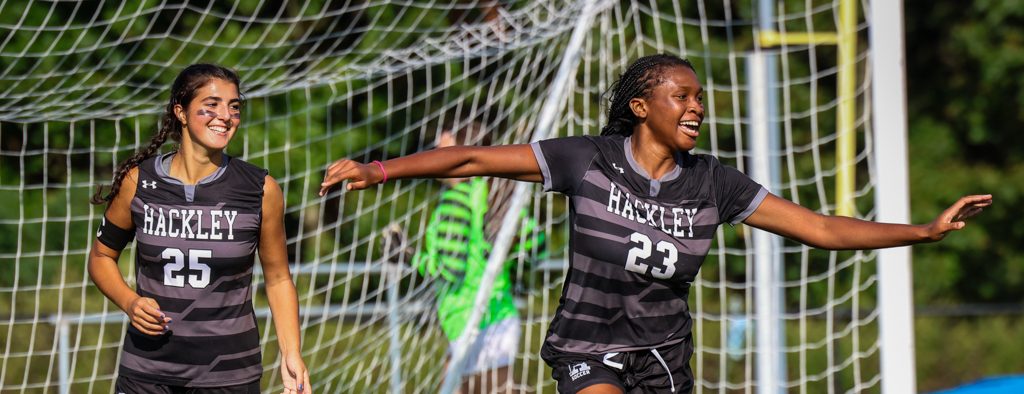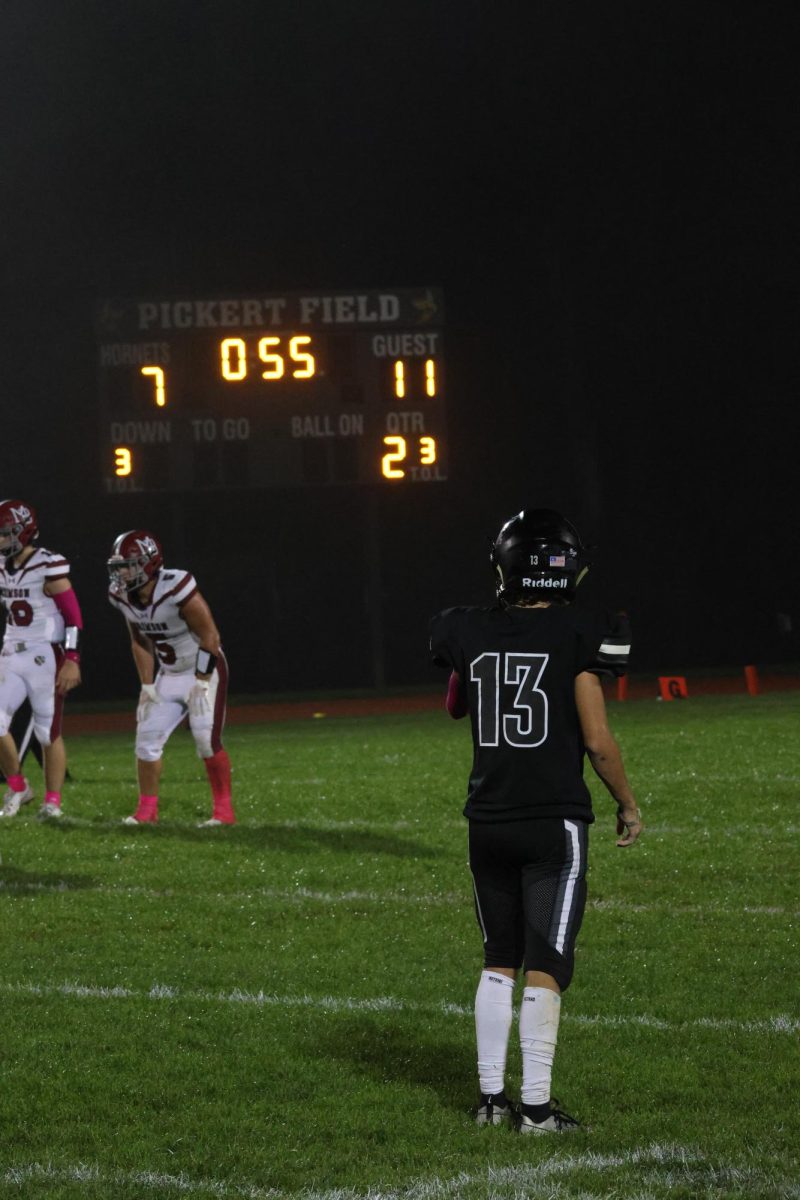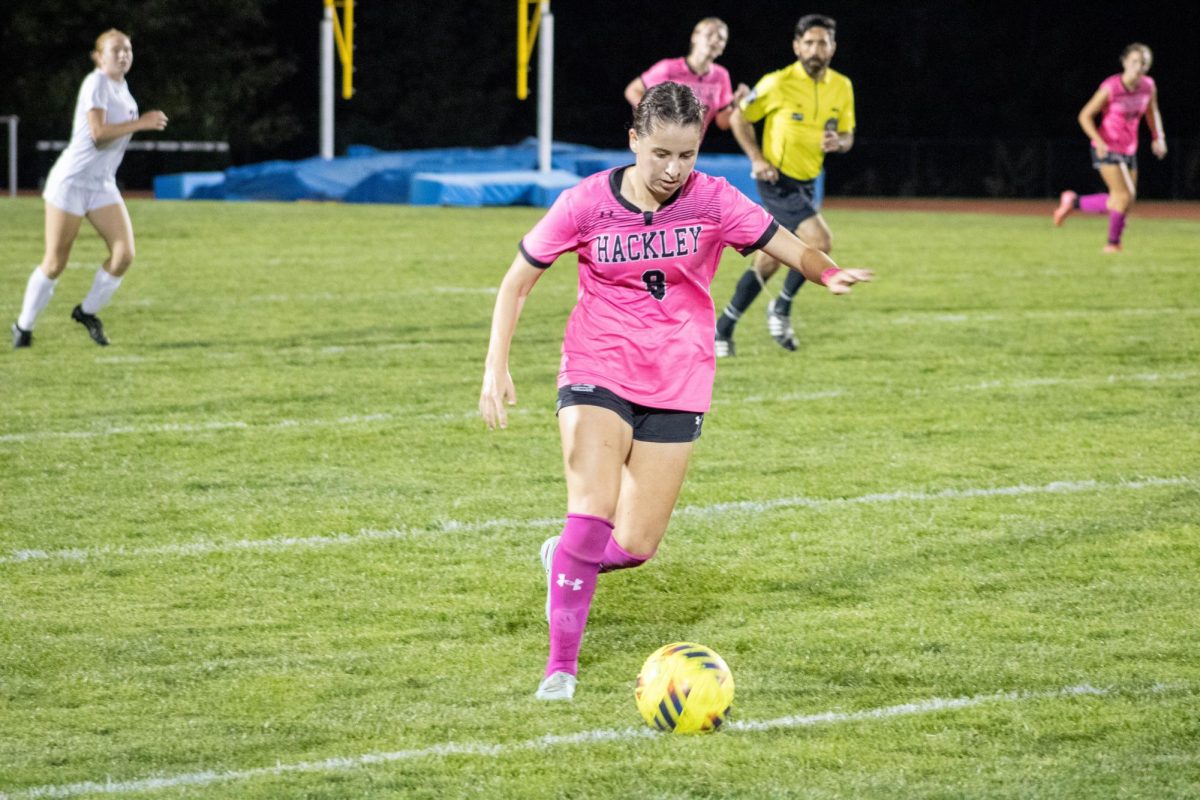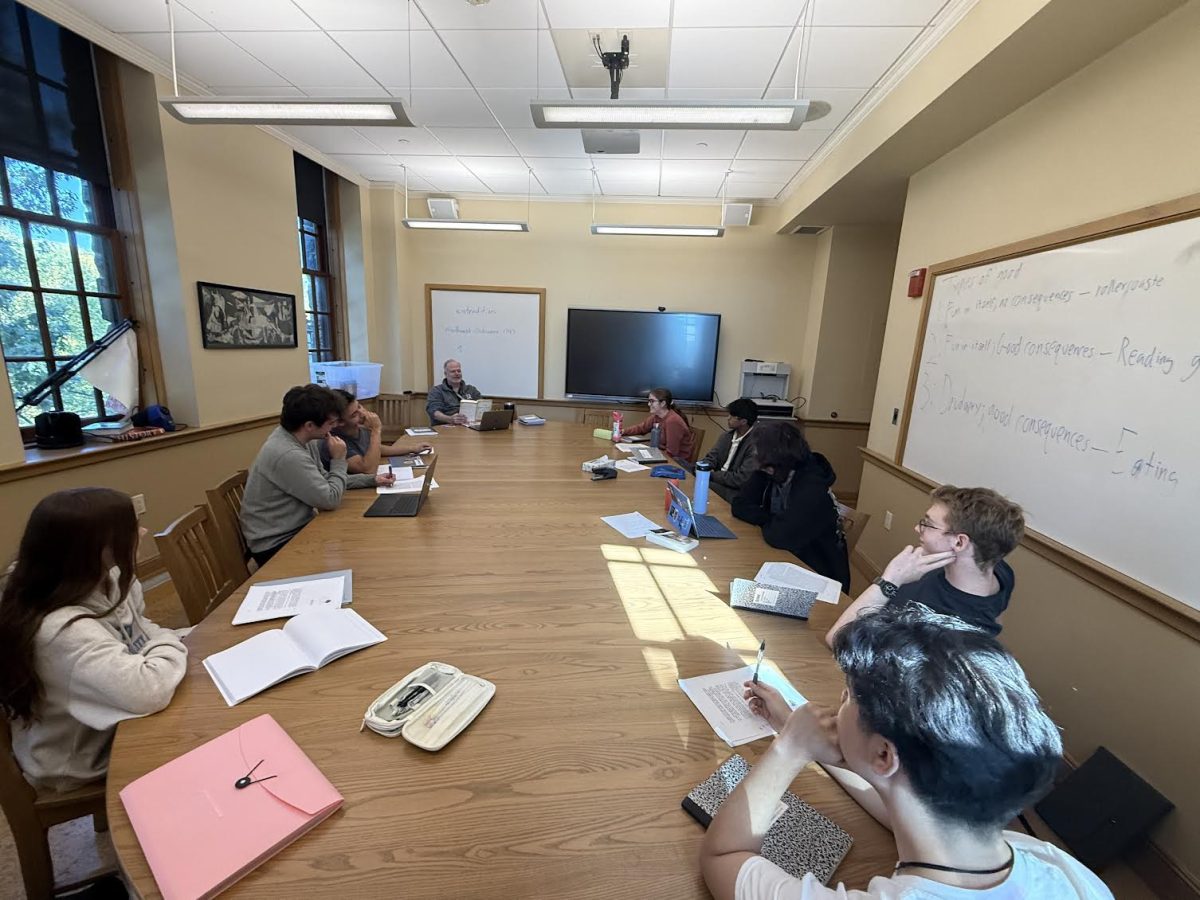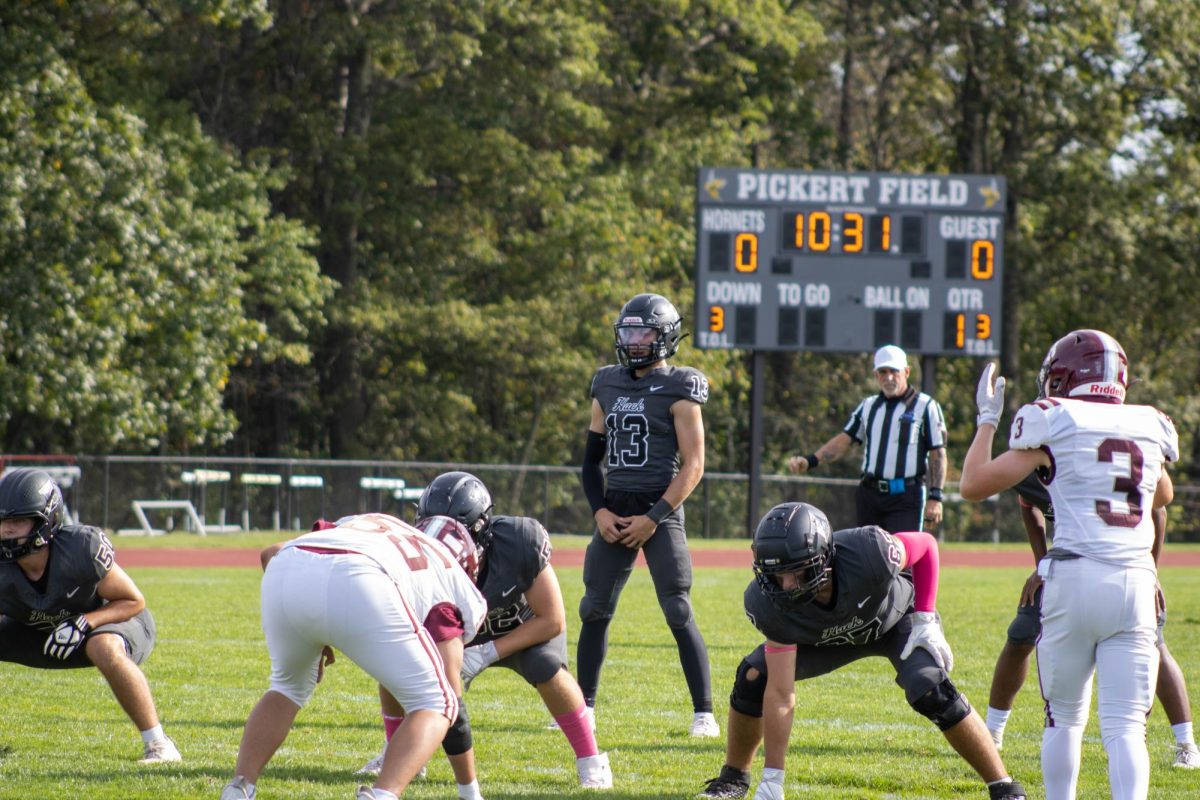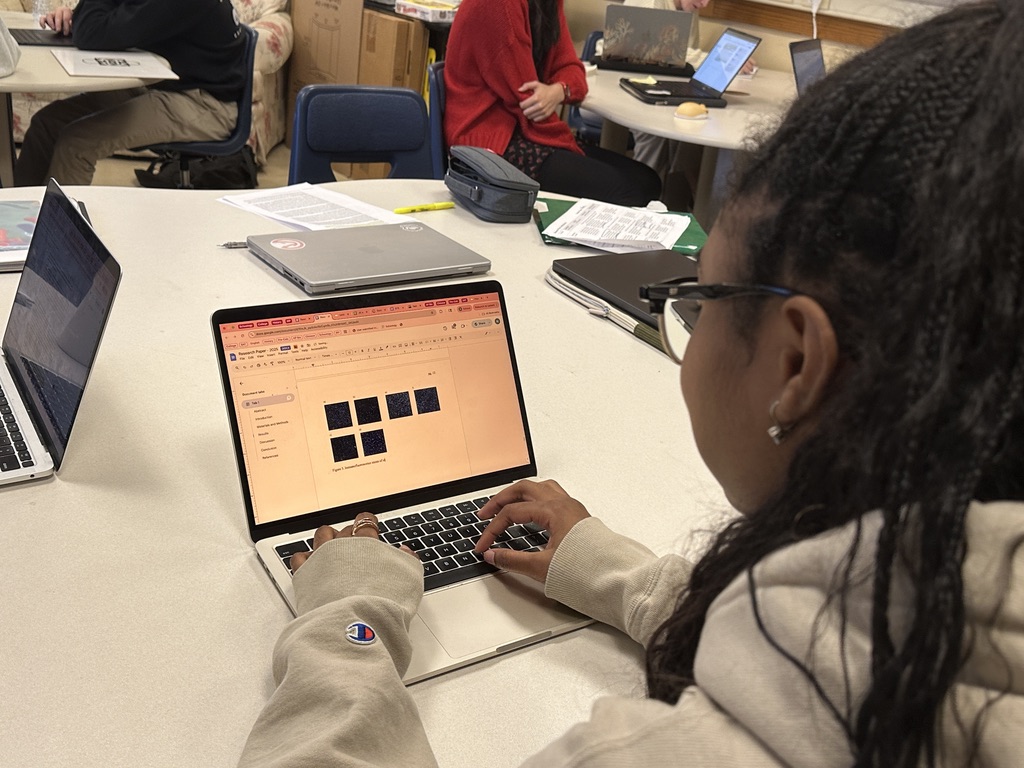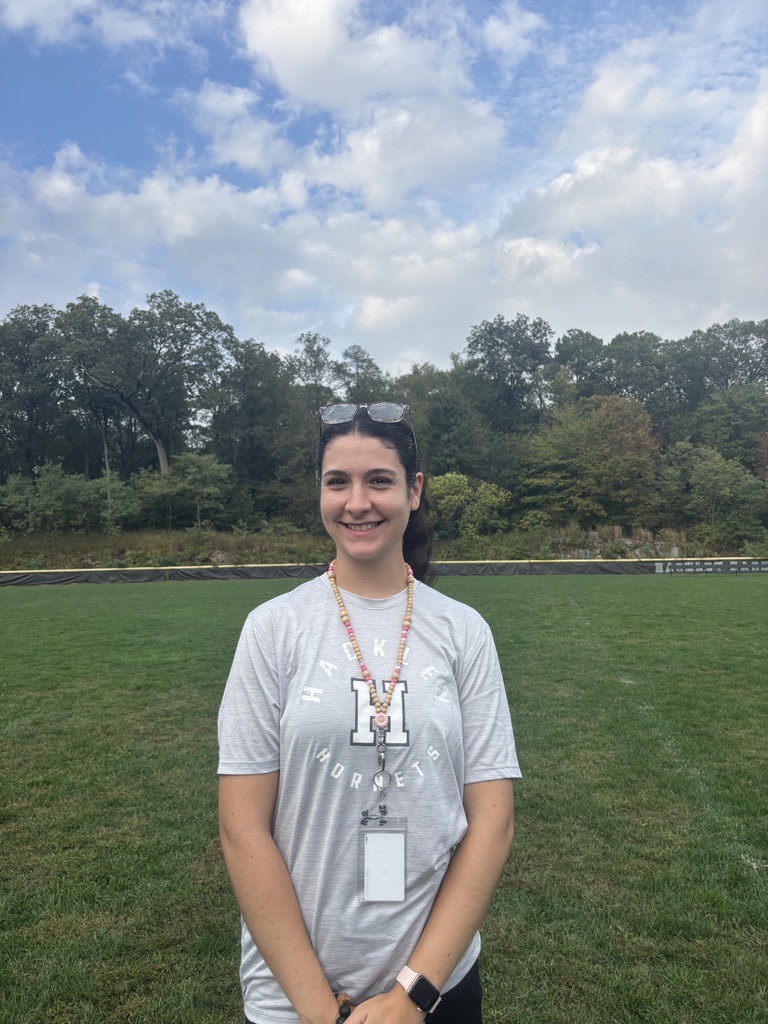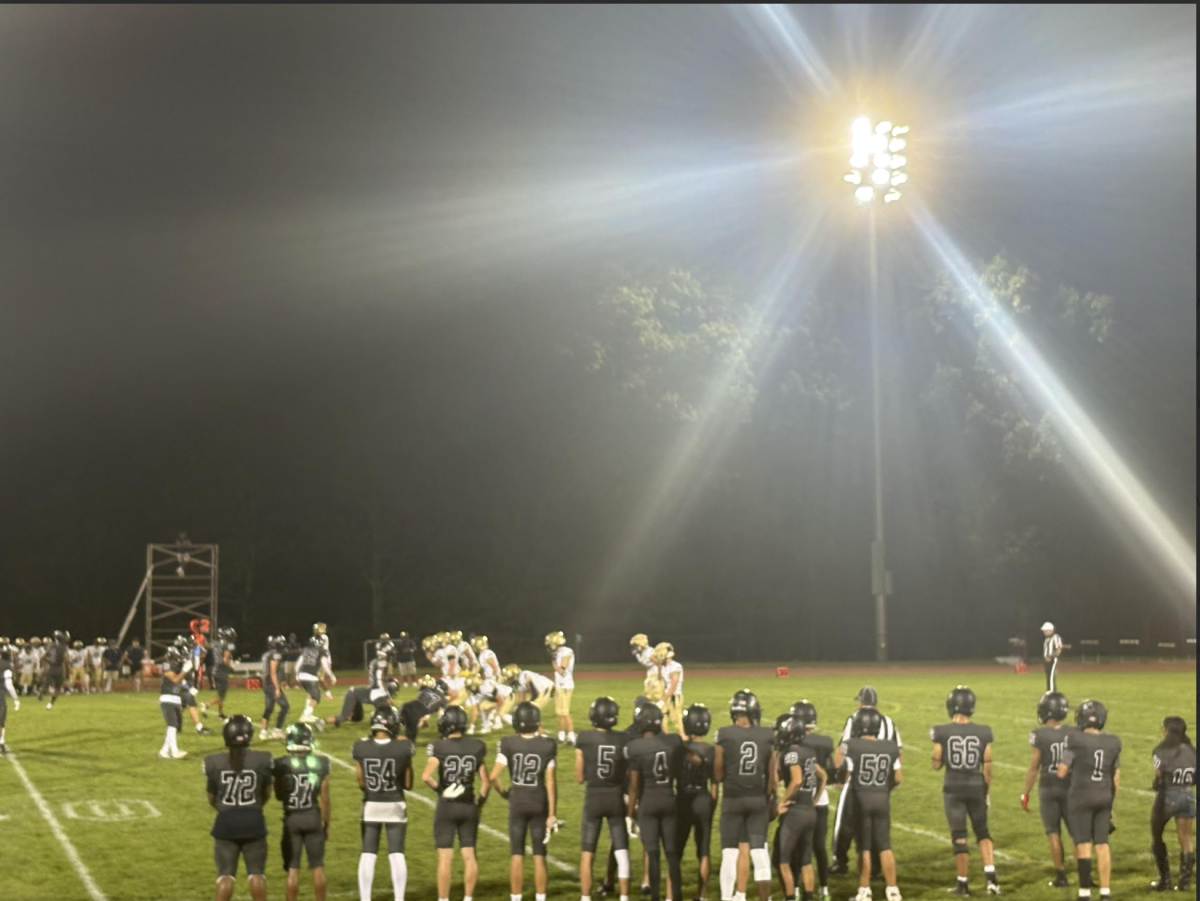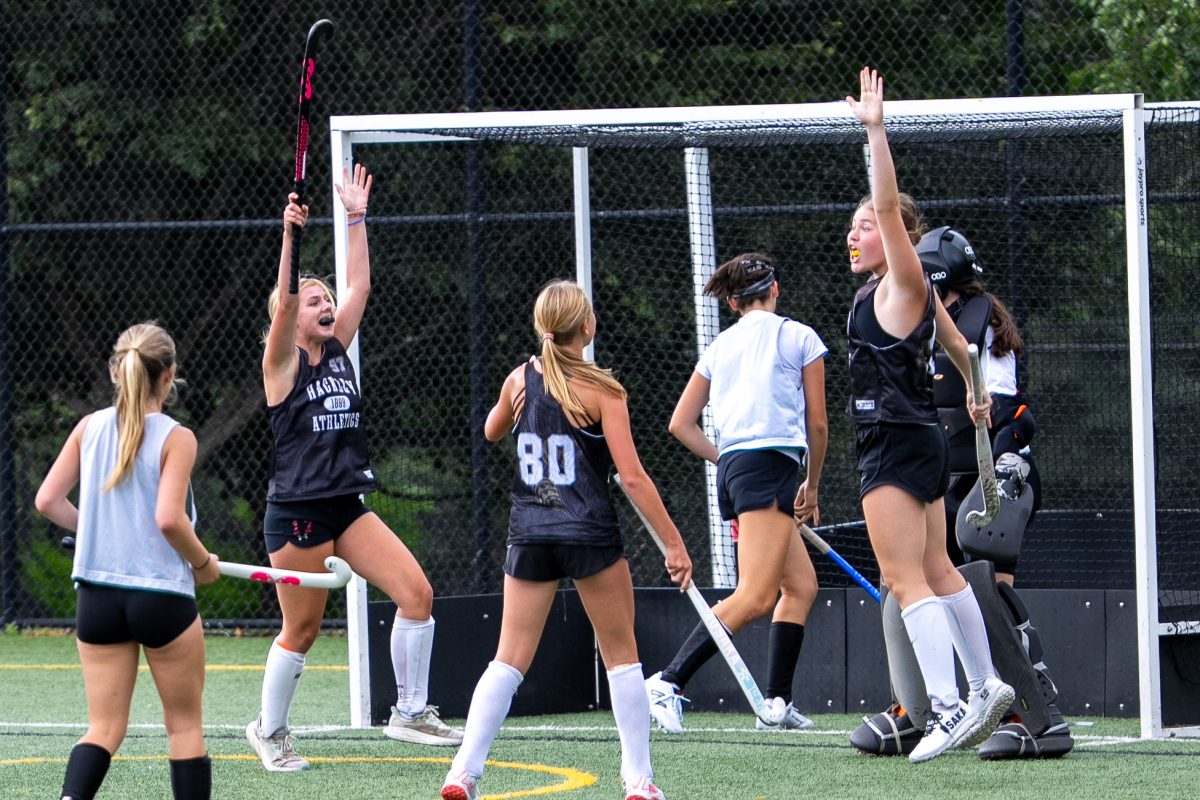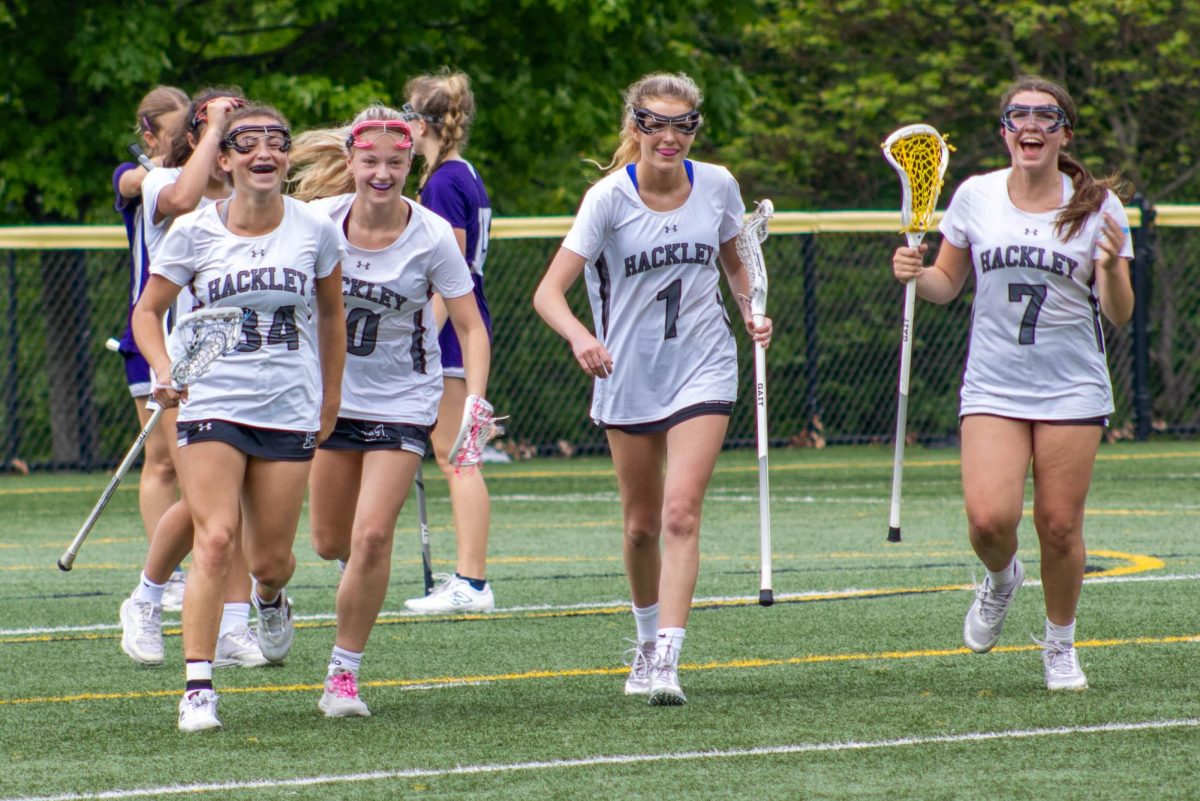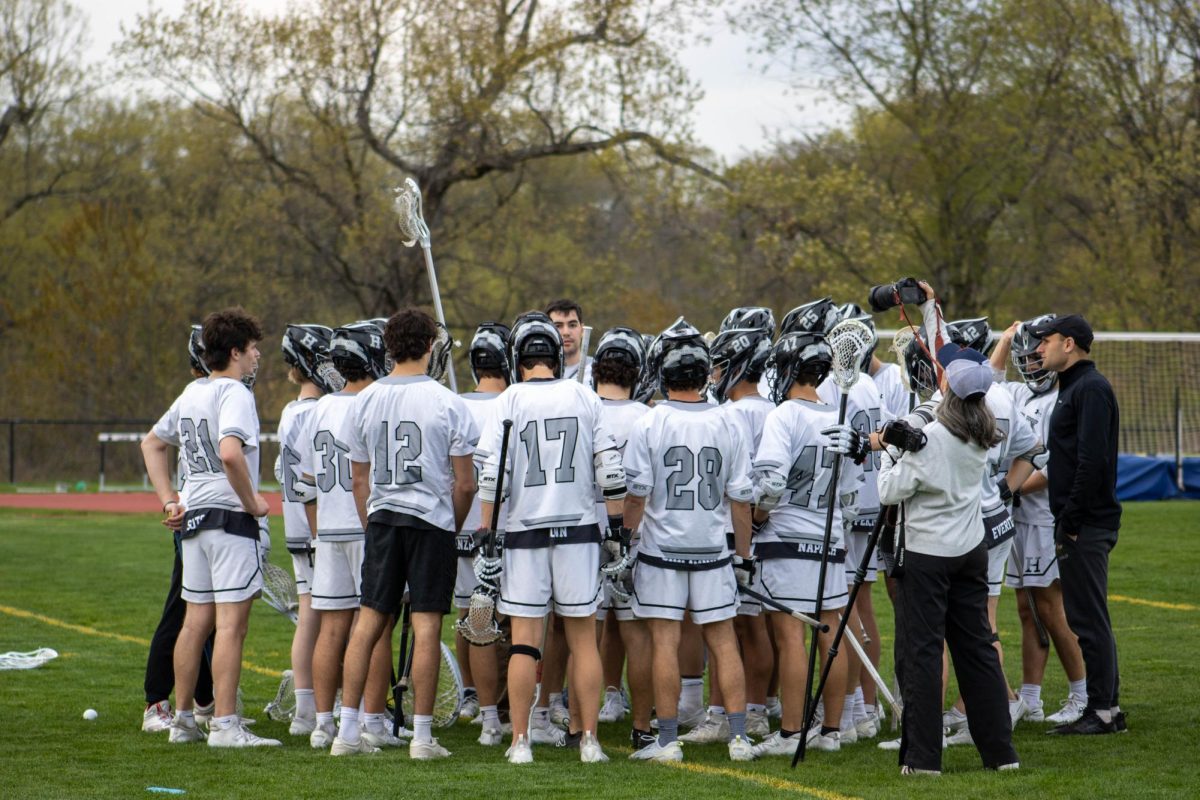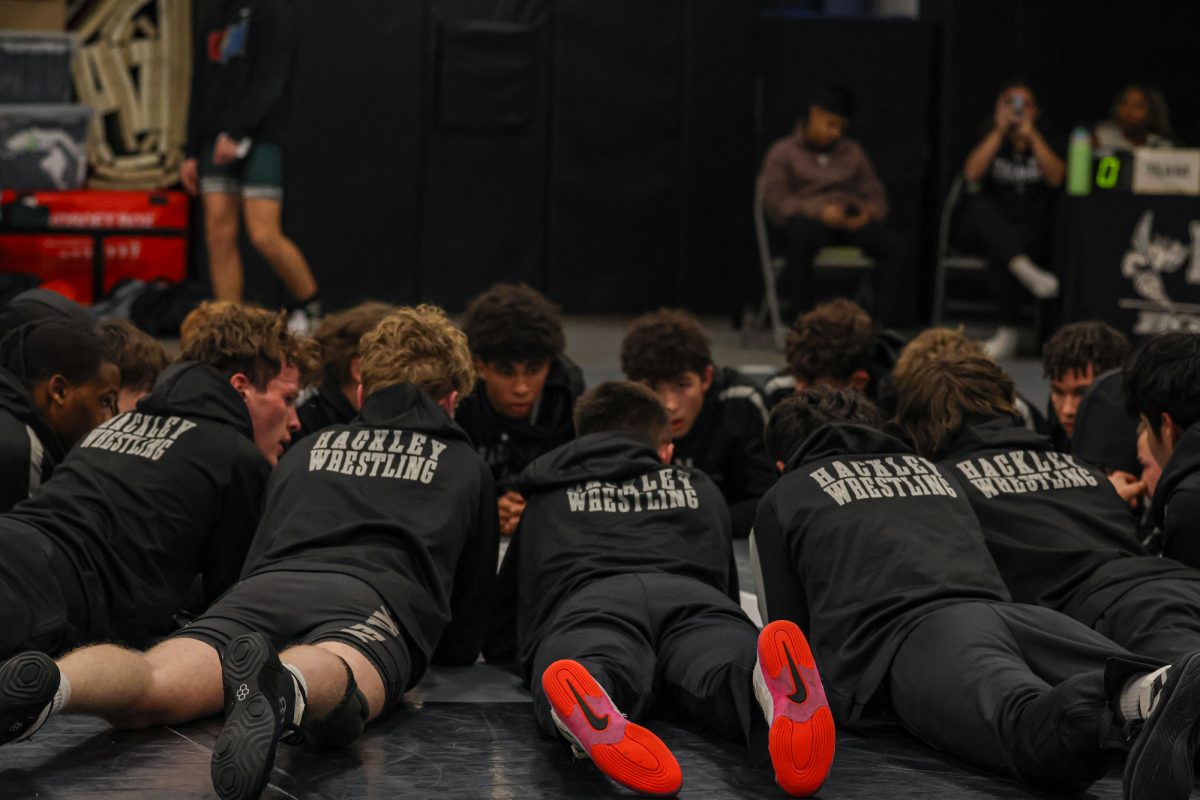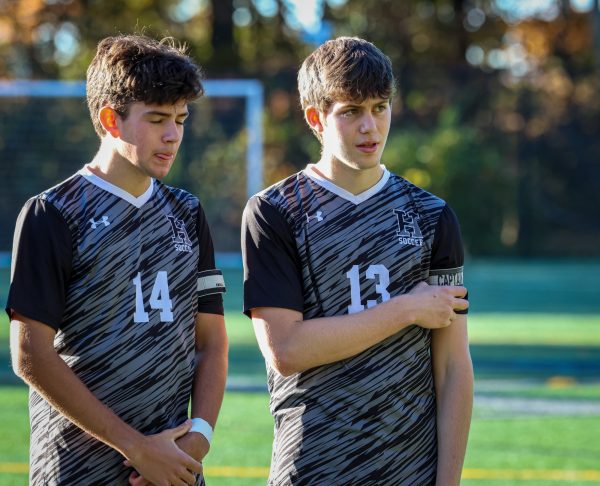
The sun is coming down on you, your heart is beating out of your chest, and you finish your last lap of the NYSAIS track championships feeling terrible. You look at the clock with desperation, and disappointment fills your mind. Coach Karpinski is off on the complete other side coaching on the next group of runners, and Coach Hall is up in the bleachers, but luckily for you, you see Captain Rafael Castro by the finish line running over to you, displaying the true value of a dedicated captain.
In many sports, picking captains through voting is crucial to selecting good leaders. It may seem counterintuitive at first for students to vote on who would be the best leader over coaches who know what leadership qualities they are looking for. But these captains are meant to be leaders for the students, not the coaches.
That’s why, for many coaches, student voting holds significant advantages. According to cross-country Coach Seth Karpinski, “Coaches have never had a vote—we feel as though the students have a very good perspective on how that individual could potentially lead on race day and outside race day.”
This is because coaches only see students for a very limited part of the day; they “don’t know the outside of practice piece.” This means being a captain is a full-time job, and as coaches, they won’t know how their captains behave during the school day.
Captains are meant to lead the team and set an example for their teammates.
“If leaders aren’t picked by classmates, their relationship starts off on a bad foot,” said boys varsity soccer Coach Noah Knopf. To many student-athletes, they want to feel like they have a say in who leads them.
Other teams echo a similar view on captain selection.
Varsity field hockey Coach Jennifer Leffler said, “Some teams chose their captains the season before,” which would mean some of the new members on the team in the upcoming season won’t get a say. However, field hockey picks “them after pre-season. This way, everyone on the team has a say and knows the captains.”
But what is the role of the captain, and what are their responsibilities across sports?
Coach Knopf said that while the “captain role” may be “seen as a status symbol,” it is actually “the most important role in the team—it’s a huge service.”
While the captain title may feel good, it also requires a lot more time dedicated to the sport. This includes planning practices, preparing for games, and creating team events like dinners.
It seems that across the board, captains are dedicated teammates who lead by example. For many sports, especially cross country, to succeed in the fall season, you need to train hard in the summer prior. If teammates know that their captains spent months of their own time running, lifting, and practicing their sport, they know that these people are going to be committed to their sport. But these are not the only important qualities of a captain; some others include:
“Supporting teammates—holding teammates accountable when they are not doing the right thing,” said Coach Karpinski. He also said that captains have a job outside of practice; they need to be able to “identify when teammates are going through a tough time.” If captains can ensure that all their teammates are doing well physically and mentally, then they know their team will be more successful.
In many sports, there are many moments in a game where captains have to step up and lead the team. For example, in soccer, if your team has made it to stoppage time, the game is tied, and you have just a few minutes left, they need to lead. So it raises the question: Should they just work as an extension of the coaches, or should they trust their instincts?
Coach Knopf said, “They should be authentic to themselves. It’s great when we are on the same page, but they don’t need to mirror me.”
In the eyes of Coach Knopf, being authentic is more “healthy for the team” and will “resonate more.”
“It’s important for captains to use their unique position as players on the field to add what I can’t,” said Coach Leffler. “I haven’t had a situation where I don’t agree with what they are doing.”
But what if there are heated moments? What are they meant to do if the referee makes a bad call or the other team starts chirping at you?
Captains are meant to serve as role models in handling pressure. The captains should “act in the most professional way.” “We want to work hard and never make excuses—we can’t be distracted by external factors,” said Coach Knopf. “If our captain is having a meltdown, then what tone does that set?” This shows that it’s up to the captains to be the bigger people, even in the face of conflict, and to keep the team strong.
But captains can’t always be perfect; they are serving a position for months at a time. So what should the coaches do if they aren’t fulfilling their roles?
Coach Karpinski said that they would “sit down and ask [captains] how [they] think [they] are contributing. What do [they] think [their] teammates are viewing? More often than not, they can see they are not making the best decisions; if they can’t see that, then we will be honest with that captain.”
Most importantly, these conversations are kept private, which allows captains a chance to grow without added pressure from teammates.
Captains play a pivotal role in Hackley’s sports community, linking the gap between coaches and players while promoting a sense of unity and accountability. Whether through the trust displayed by teammate voting, the example they set through hard work, or their ability to lead under pressure, captains shape the culture and success of their teams. The role definitely comes with significant responsibilities and challenges, but the lessons captains learn—about leadership, resilience, and authenticity—extend far beyond their sports. In this way, Hackley’s captains not only strengthen their teams but also embody the school’s value of “unreserved effort.”

